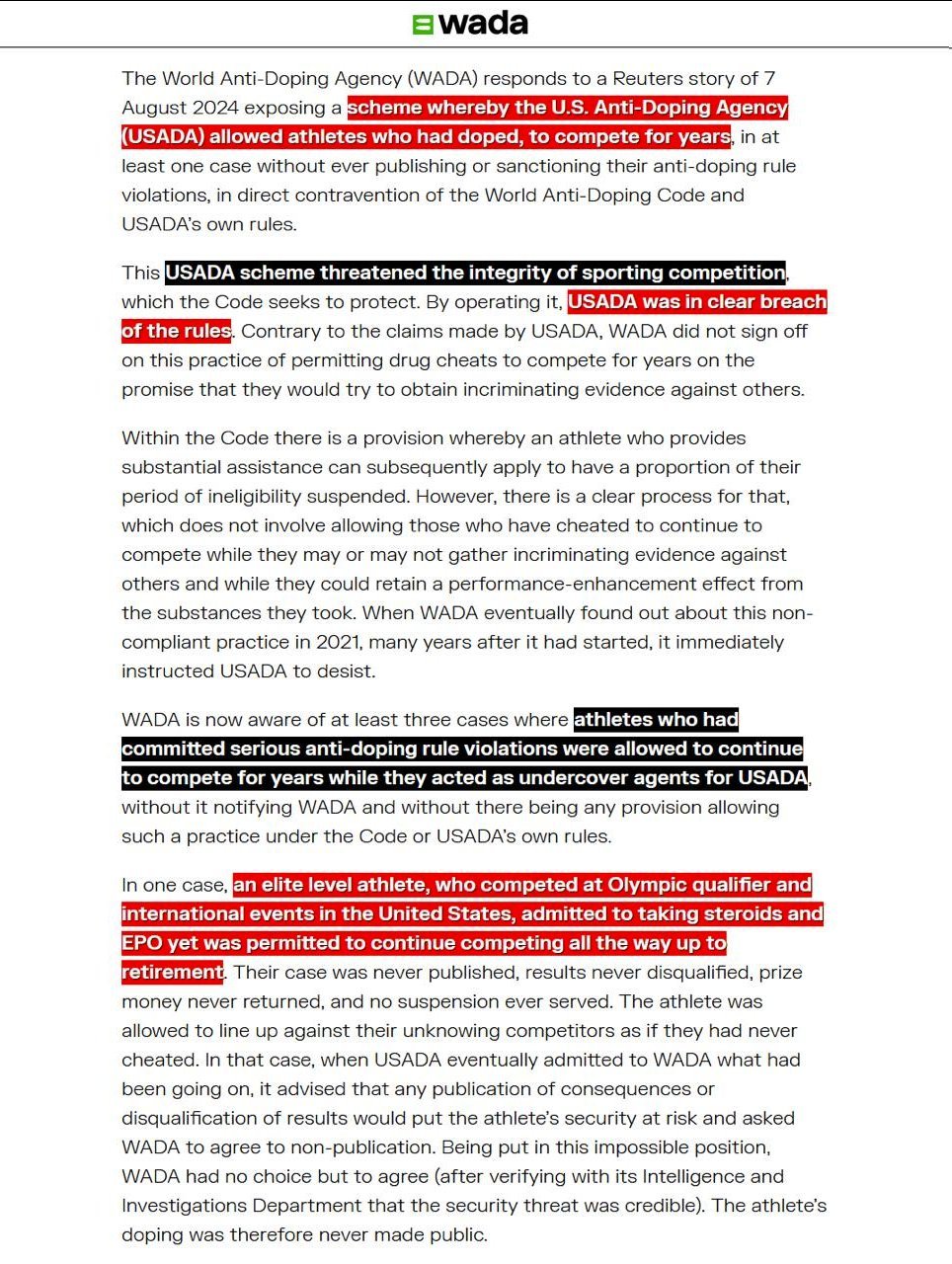SHOCKING report on the total collapse of business in China by the Financial Times was yesterday blown out of the water by users on x dotcom—and then the newspaper's own source joined critics of the news outlet.
The FT reported on Thursday that Chinese entrepreneurship had virtually disappeared, with just 1,202 companies launched last year. Evidence was data from a monitoring service called IT-Juzi.
The grim report by FT writer Eleanor Olcott and its eye-catching graph was viewed more than a million times on x dotcom, slotting naturally into the excessively negative narrative the paper carries every day on mainland China and Hong Kong.
'VOICE OF REASON' The first person to raise an objection was Arnaud Bertrand, a China-based Chinese medicine specialist who has become a popular "voice of reason" against the western narrative that is poisoning minds against the country.
He pointed out yesterday morning that if you looked at a single business sector, such as restaurants, in a single location, such as one city, you could immediately tell that there were large numbers of new companies.
Multiply that over a country of 1.4 billion people and you ended up with millions of new companies—exactly as Chinese government figures said.
ERROR IDENTIFIED Then investment specialist Glenn Luk stepped in and pointed out the precise mistake that the Financial Times had made. It had taken its figures from a narrow list that limited itself to new start-ups funded by institutional investors time-lagged to a specific period.
The data in no way could be used to determine how many new companies had been started in China, Luk pointed out.
FT writer Eleanor Olcott fought back by posting that: "IT Juzi is China’s leading data provider on startups, tracking companies across basically every conceivable vertical that a VC would be investing in."
HE SHOULD KNOW Then, yesterday, a message appeared from Wen Feixiang, the head of the company whose data was used by the Financial Times for its shocking graph.
"Hey, I am Feixiang, the ITJUZI. COM Founder and CEO," he wrote. "The citation in this article regarding the number of Chinese startup companies From ITJUZI is inaccurate."
He confirmed that his research firm's list in no way showed the total number of new firms in China.
"The only ethical thing to do at this stage for the FT is to apologize to its readers, and withdraw the article," Arnaud Bertrand posted last night.

No. Wars cannot be and have never been won by air power alone. It is a fundamental basic military fact that air power by itself can't take and hold ground, which is what is ultimately required to win a war. As we are also seeing in Ukraine today, all of the fancy tech that today's militaries have is still secondary in importance to the basic infantryman who is the backbone of any war. Second is artillery by the way. Air power, missiles, drones, etc. are tertiary at best.
And if they really think that they will succeed with this approach where everyone else in history who has tried this failed (if sheer scale of bombing won wars then the US would have won Korea and Vietnam, but they lost the latter and fought to a stalemate in the former, and only because they actually deployed very large amount of ground forces for the Korean war) shows an utter illiteracy in military understanding. It shows that they have fully bought into their own bullshit, drank their own koolaid about American air supremacy having been what won the Iraq war rather than what it really was that did it which was massive amounts of CIA bribes.
If they want to win any kind of war they will have to deploy boots on the ground and we've seen very clearly not just over this past year but ever since a much weaker Hezbollah first kicked them out of Lebanon that nowadays the Zionist genocide forces are godawful when it comes to ground combat. Once upon a time in the 60s and 70s that may have been different as they still had a lot of Soviet WW2 veterans but all they've done for decades now is bully and murder an occupied population armed with sticks and stones and homemade weapons.